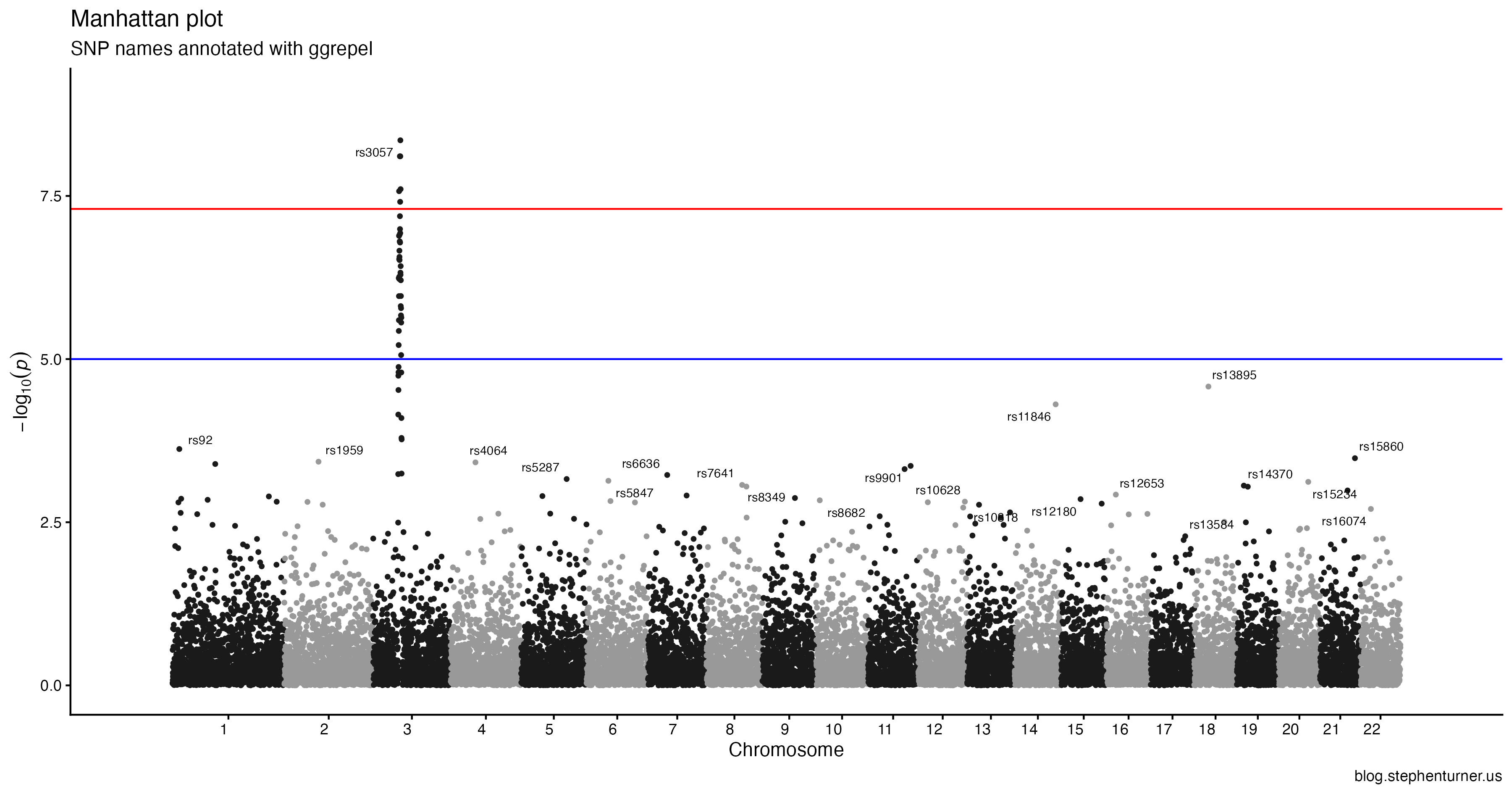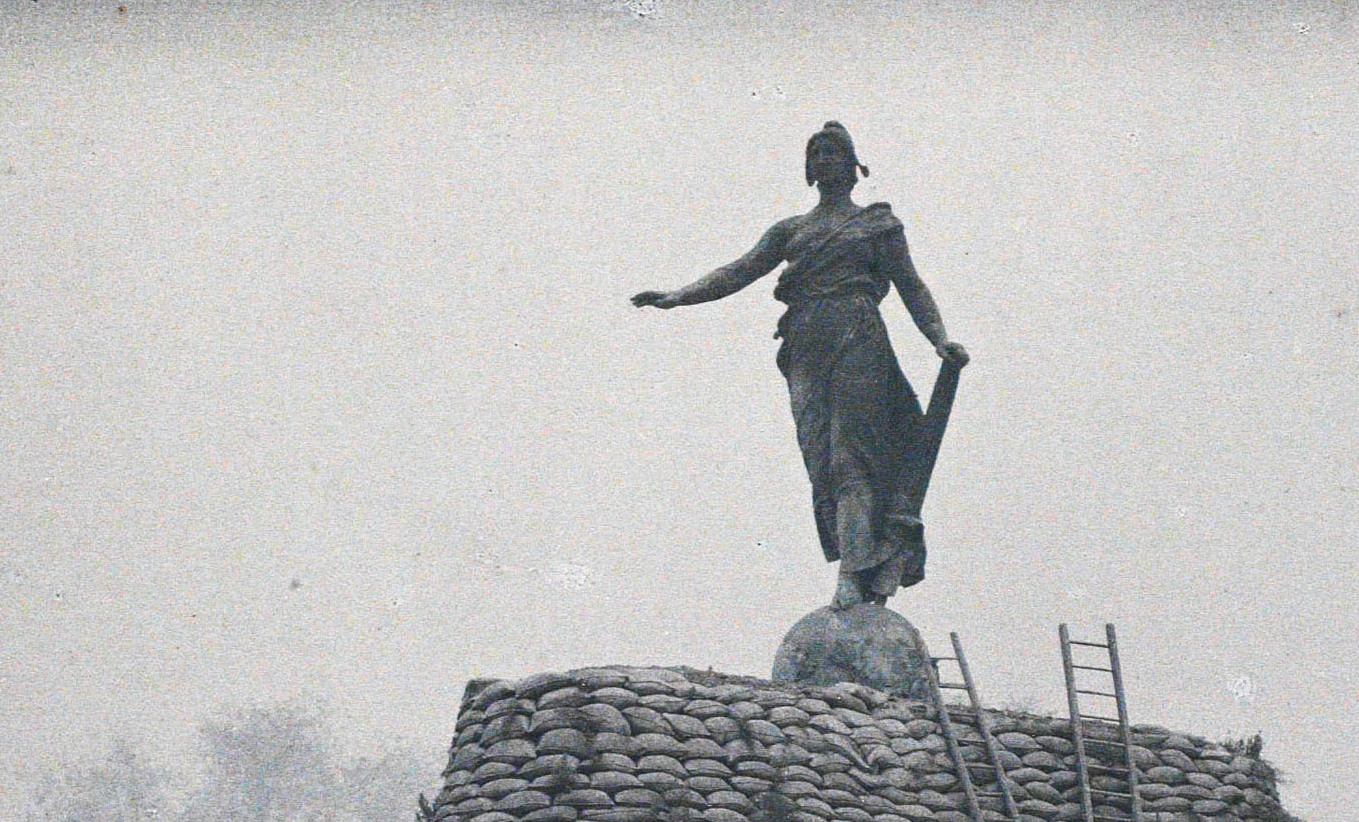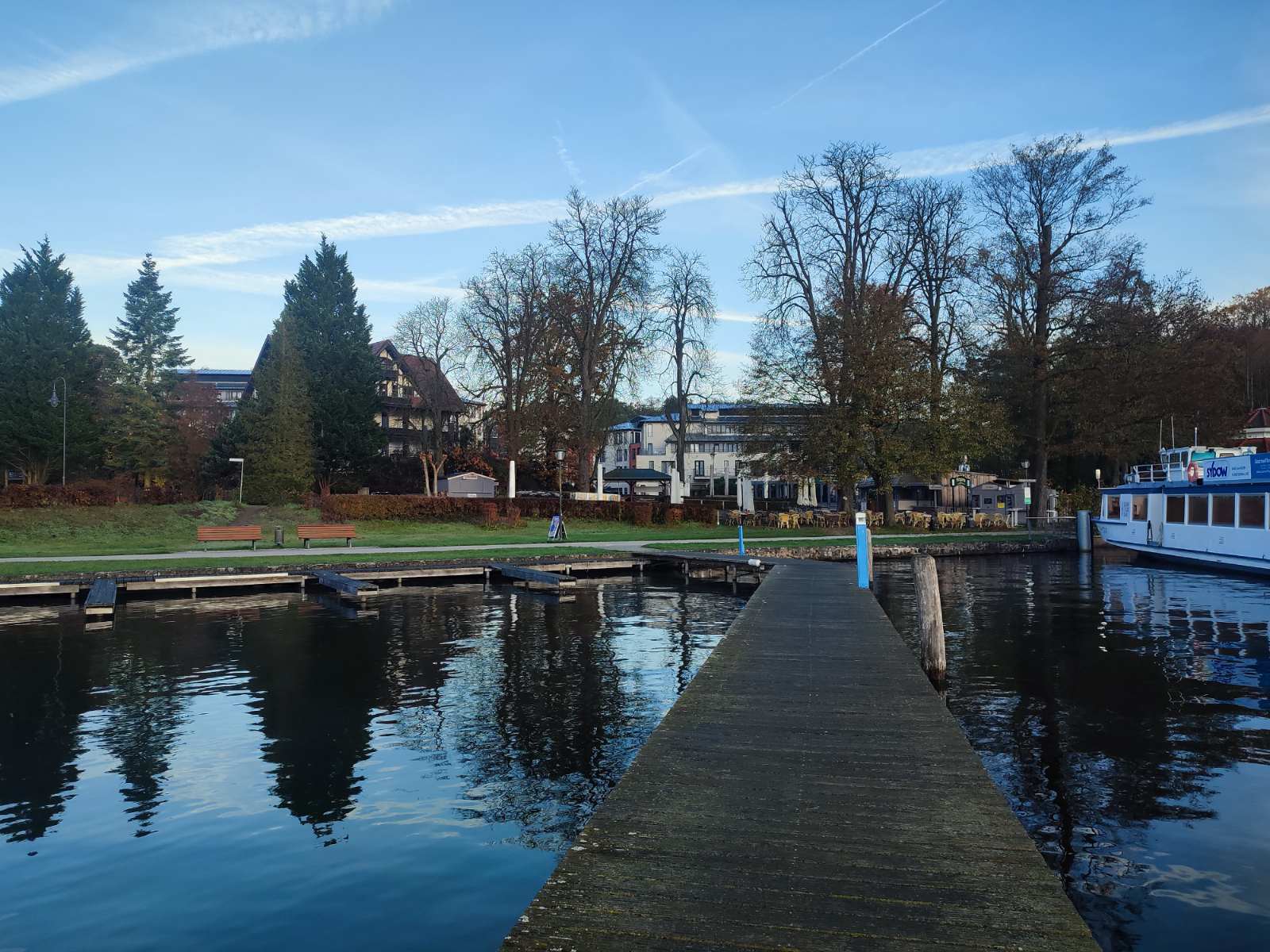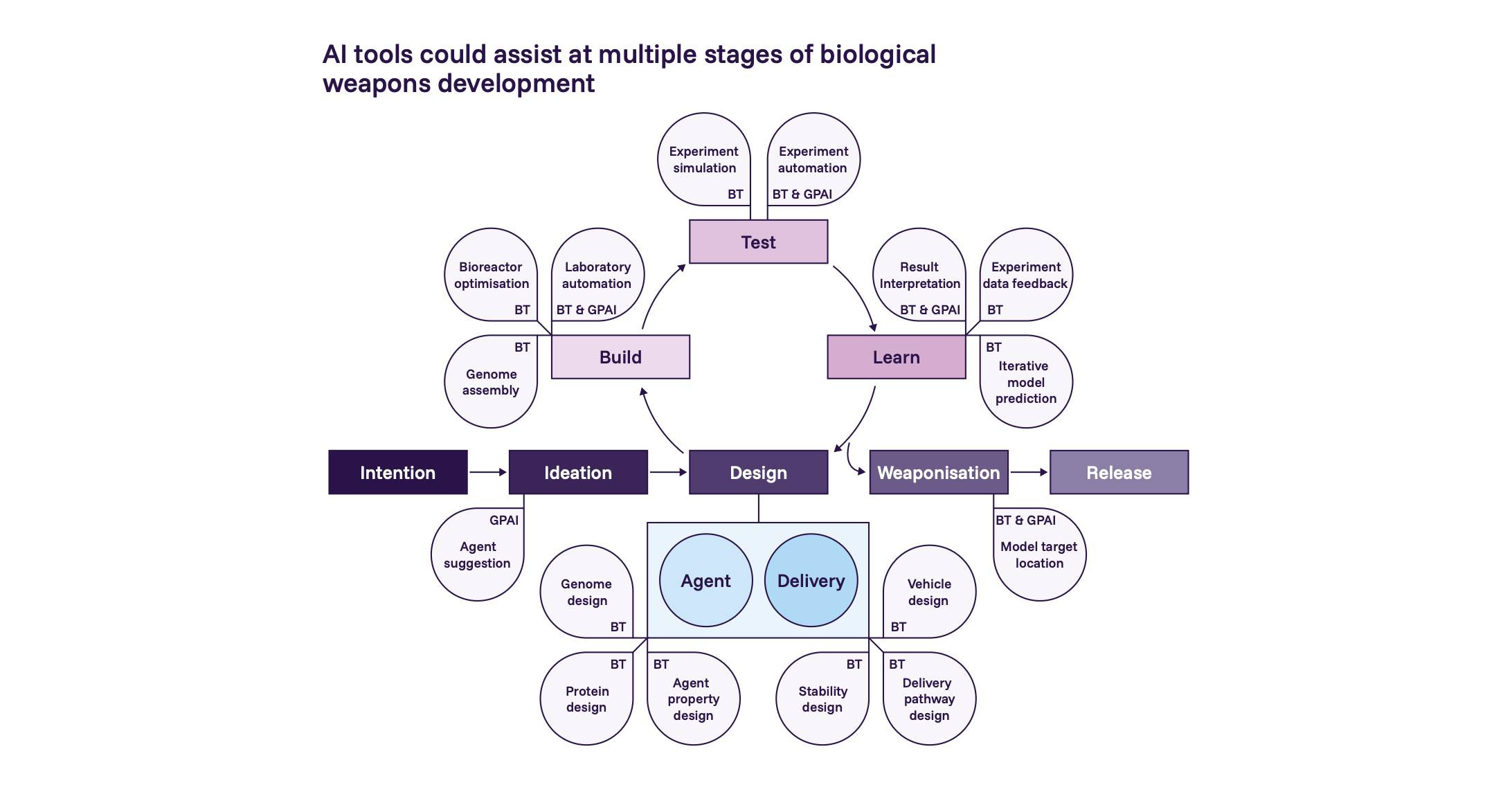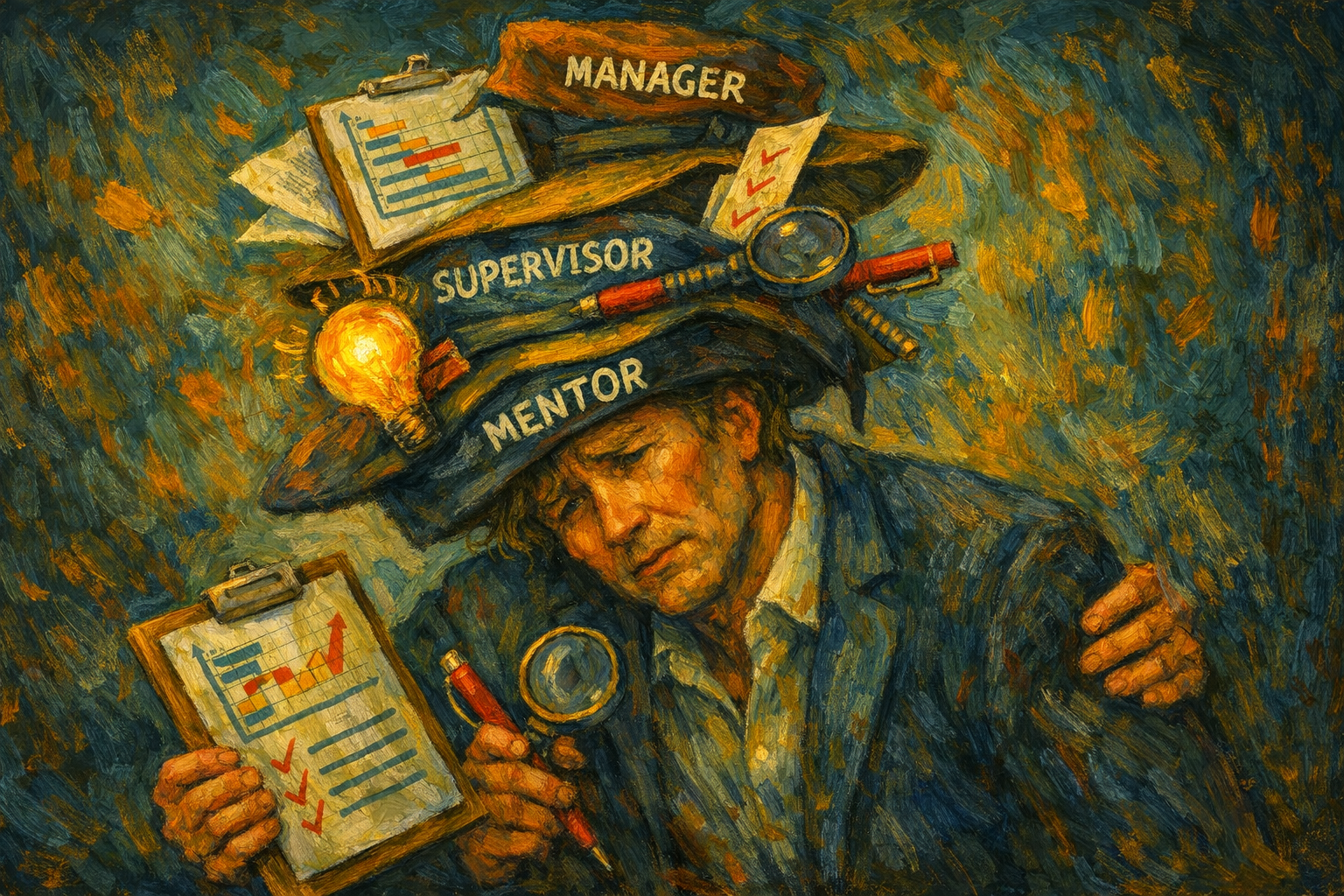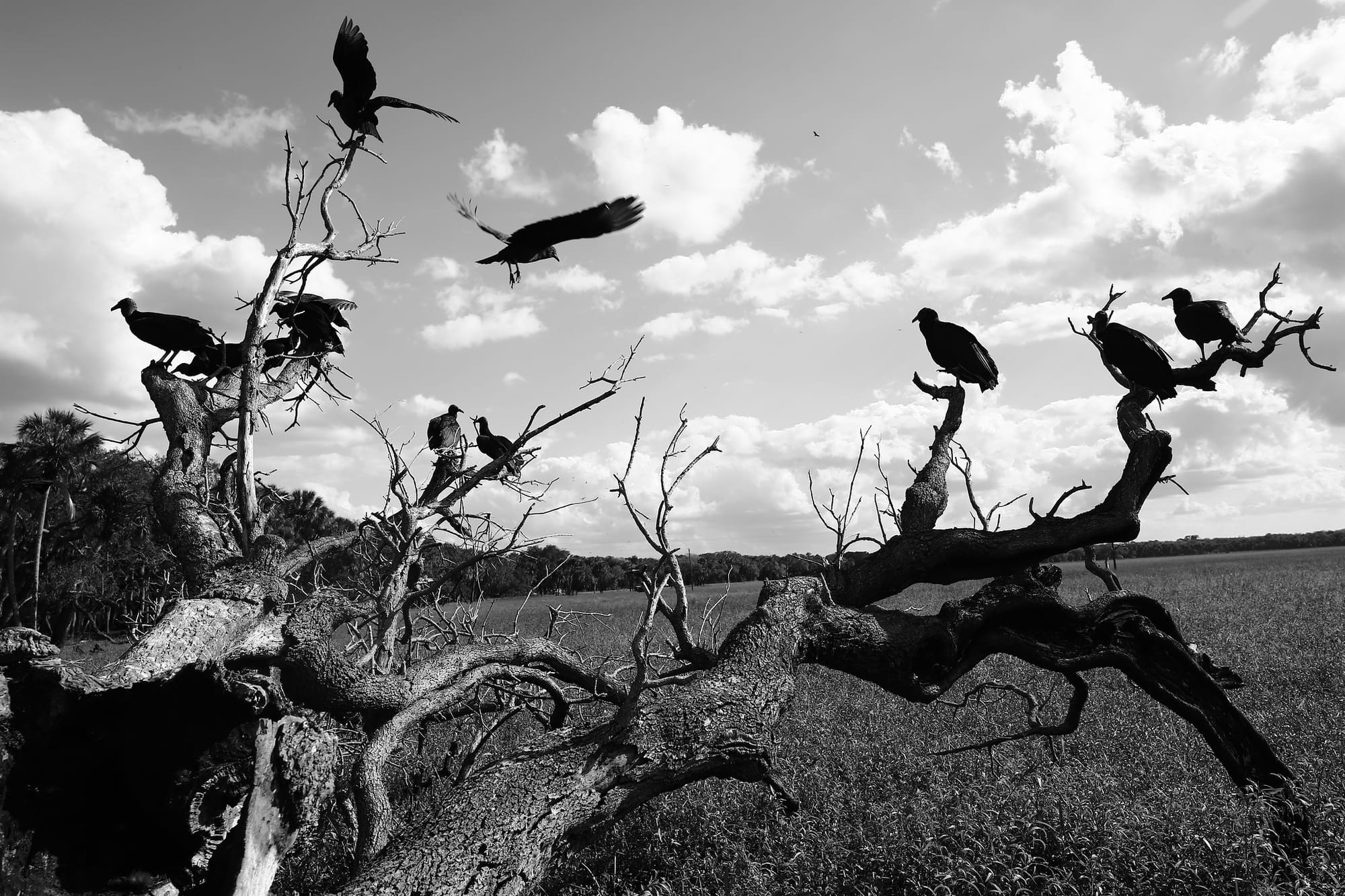
Last July, the NIH issued a Request for Information (RFI) on maximizing research funds by limiting direct spending on Article Processing Charges (APCs) in allowable publishing costs. More than 900 members of the public responded to the RFI, providing valuable insights into the diverse perspectives the NIH should consider in deciding on a path forward with APCs.
